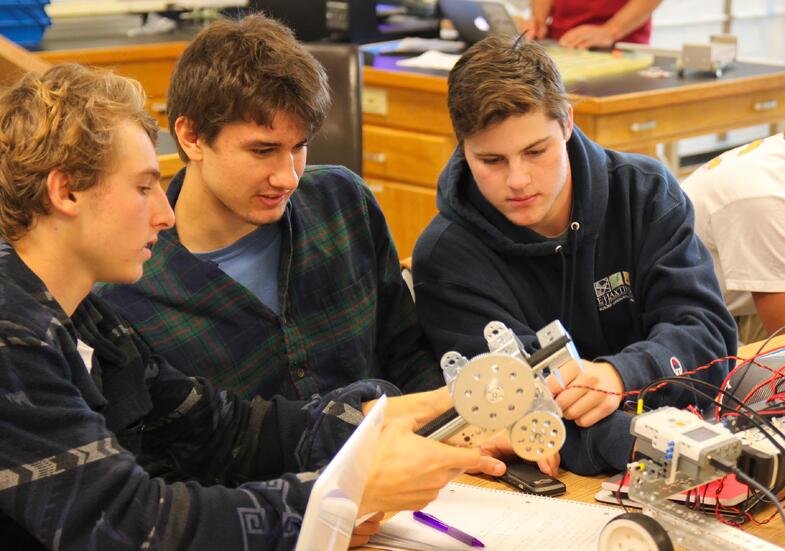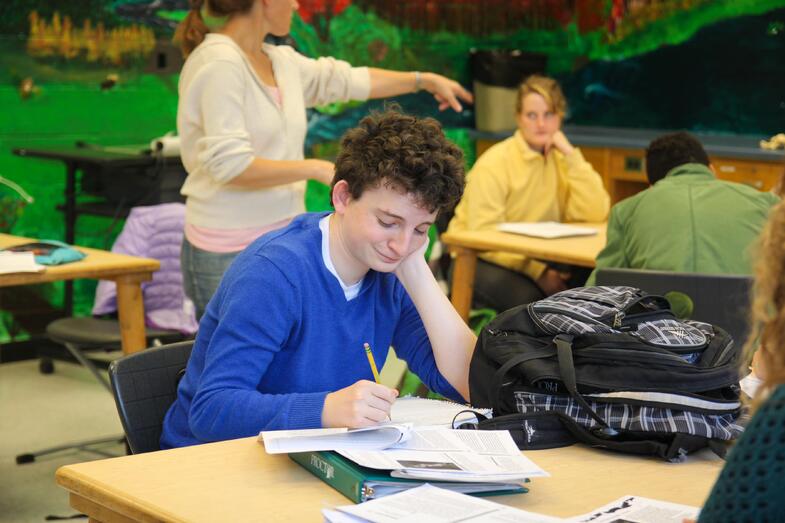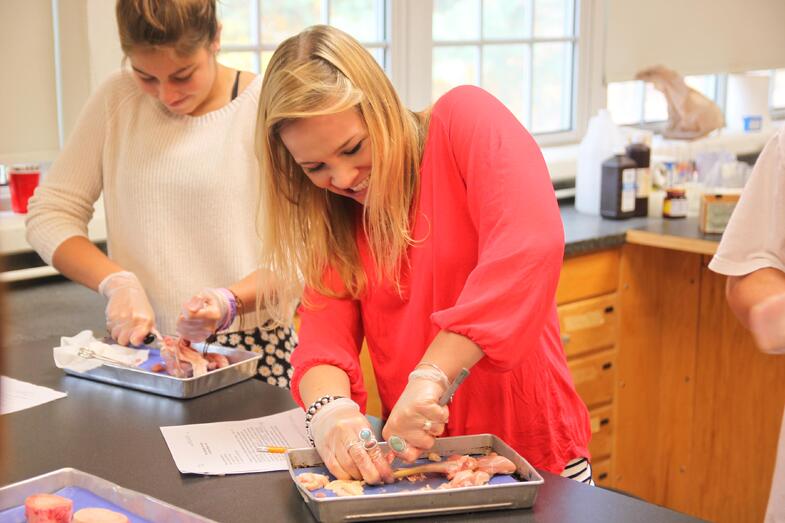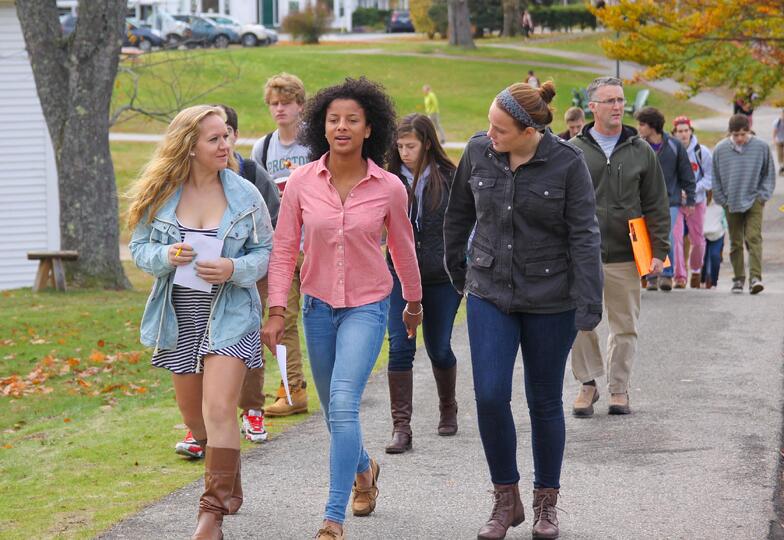We all live busy lives. We wake up, and if your life is anything like mine, you are going a million miles an hour before your navigate your way downstairs in a sleepy haze. Your children have their own schedules, and, far too often we forget to think about what their lives are like.


We were reminded by a current parent's tweet of this article from the Washington Post this morning to push pause, and remember our students’ perspectives. At Proctor, the typical faculty member teaches three courses, allowing significant time for advising, coaching, dorm parenting, and engaging in other ways in our students' lives when not teaching. The vast majority of students have five academic major courses accompanied by a skills course, Learning Skills, or a study block. Every student then engages in an afternoon activity or sport, followed by dinner, extra help sessions, and eventually study hall from 8:00-10:00 pm. I know I am exhausted by the end of each day, I can’t imagine how my students feel.


In the article linked above, the author discovers the differences between being a teacher and a student in the standard classroom (thankfully we don’t have those here at Proctor!). As she shadowed a student for a day, she realized, “We forget as teachers, because we are on our feet a lot – in front of the board, pacing as we speak, circling around the room to check on student work, sitting, standing, kneeling down to chat with a student as she works through a difficult problem…we move a lot...But students move almost never. And never is exhausting. In every class for four long blocks, the expectation was for us to come in, take our seats, and sit down for the duration of the time. By the end of the day, I could not stop yawning and I was desperate to move or stretch.”

These reflections are a powerful reminder for all of us as educators, but we are grateful Proctor’s learning model understands:
-
Educators must have trusting relationships with students. This allows teachers to minimize the negative impact of academic pressure, college applications, extracurricular involvement, and the omnipresent social dynamics of adolescents on student learning.
-
Active learning wins! Classes both on and off-campus are designed with hands-on, active learning as the foundation of each course.
These attributes of Proctor do not eliminate the challenges of a busy schedule, but they certainly help maximize student learning and student well-being during the chaos that is adolescent life!
Learn More About Student Life at Proctor!






